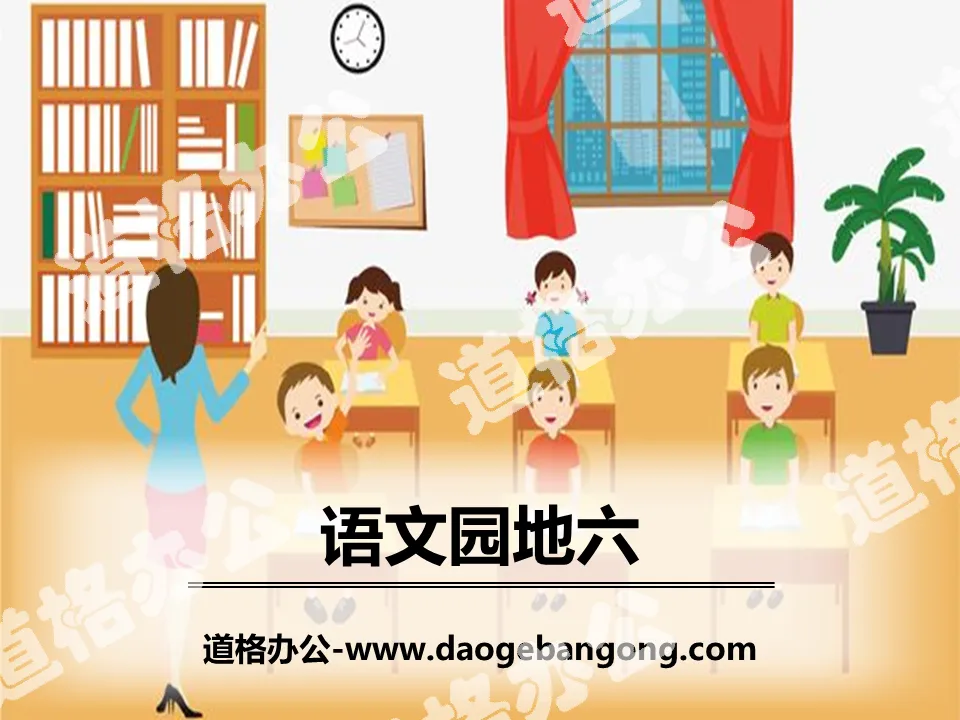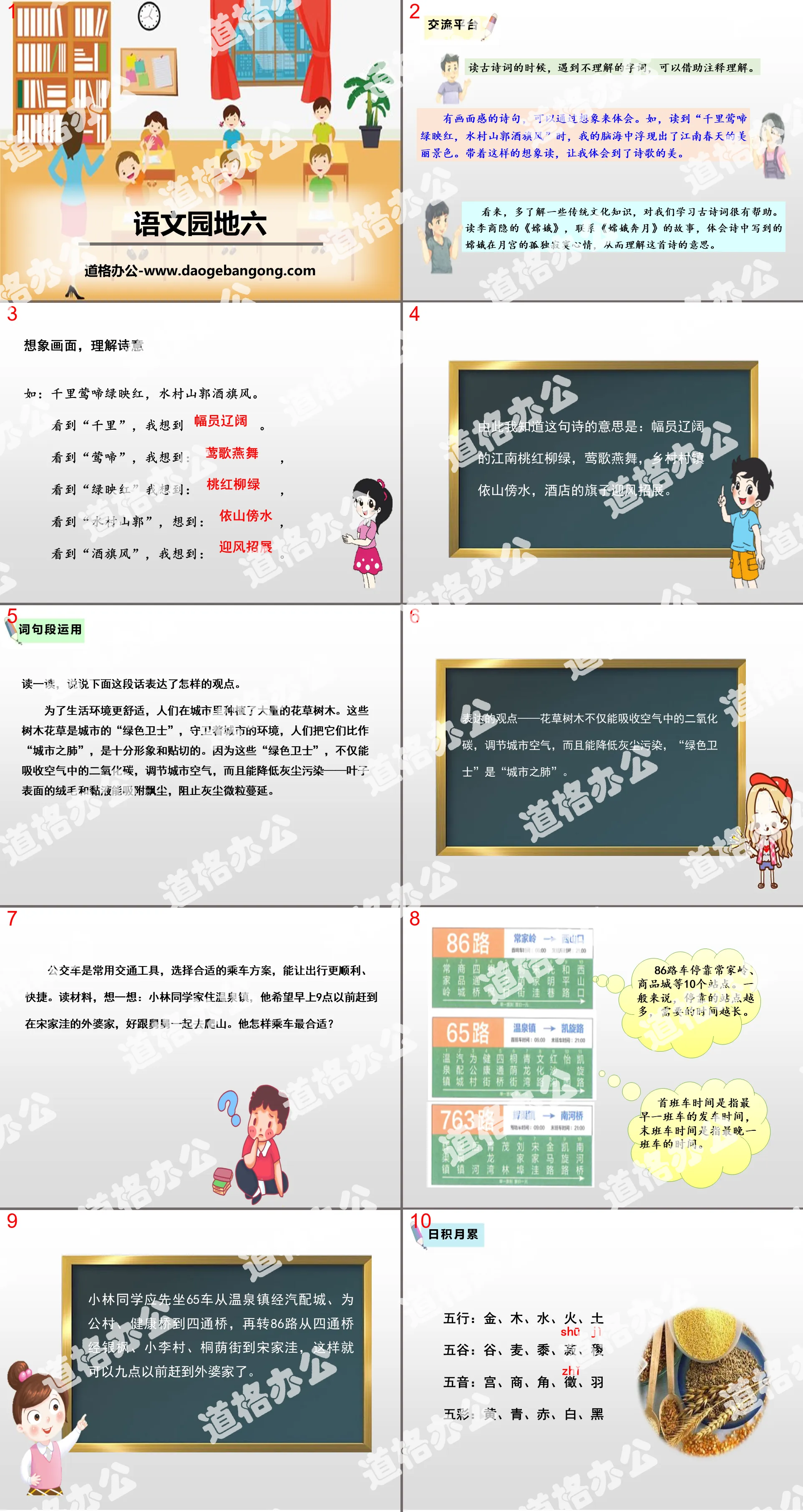The second volume of first-grade Chinese compiled by the People's Education Publishing House
The second volume of fifth-grade Chinese compiled by the People's Education Publishing House
The first volume of Chinese language for eighth grade compiled by the People's Education Publishing House
The first volume of first-grade Chinese compiled by the People's Education Publishing House
The first volume of ninth-grade Chinese compiled by the People's Education Publishing House
The first volume of fourth-grade Chinese compiled by the People's Education Publishing House
The first volume of Chinese language for sixth grade compiled by the People's Education Publishing House
The second volume of Chinese language for eighth grade compiled by the People's Education Publishing House
The first volume of Chinese language for fifth grade compiled by the People's Education Publishing House
The first volume of second-grade Chinese compiled by the People's Education Publishing House
Hunan Education Edition Third Grade Chinese Language Volume 1
The second volume of fourth-grade Chinese compiled by the People's Education Publishing House
The second volume of second-grade Chinese compiled by the People's Education Publishing House
The first volume of third-grade Chinese compiled by the People's Education Publishing House
The second volume of Chinese language for sixth grade compiled by the People's Education Publishing House
The second volume of seventh-grade Chinese compiled by the People's Education Publishing House

| Category | Format | Size |
|---|---|---|
| People's Education Press Chinese Language for Sixth Grade Volume 1 | pptx | 6 MB |
Description
"Chinese Garden Six" PPT courseware (Volume 1 for sixth grade)
Part One: Communication Platform
When reading ancient poetry, if you encounter words you don't understand, you can use the annotations to understand them.
Picture-like poems can be experienced through imagination. For example, when I read "Thousands of miles away, the orioles are singing, the greenery is reflected in red, and the wine flags are blowing in the mountains and rivers of water villages." The beautiful scenery of spring in the south of the Yangtze River came to my mind. Reading with such imagination made me realize the beauty of poetry.
It seems that knowing more about traditional cultural knowledge is very helpful for us to learn ancient poetry. Read Li Shangyin's "Chang'e", connect it with the story of "Chang'e Flying to the Moon", and understand the loneliness of Chang'e in the moon palace written in the poem, so as to understand the meaning of this poem.
From this I know the meaning of this poem is: The vast Jiangnan has red peach trees and green willows, where orioles sing and swallows dance, rural villages and towns are surrounded by mountains and rivers, and hotel flags are fluttering in the wind.
Chinese Garden PPT, Part 2: Use of Phrases and Segments
Read it and talk about what point of view the following passage expresses.
In order to make the living environment more comfortable, people plant a large number of flowers, plants and trees in the city. These trees, flowers and plants are the "green guards" of the city, guarding the city's environment. People compare them to the "lungs of the city", which is very vivid and appropriate. Because these "green guards" can not only absorb carbon dioxide in the air and regulate urban air, but also reduce dust pollution - the fluff and mucus on the surface of the leaves can absorb flying dust and prevent the spread of dust particles.
The expressed view is that flowers, plants and trees can not only absorb carbon dioxide in the air and regulate urban air, but also reduce dust pollution. "Green Guards" are the "lungs of the city".
Buses are a common means of transportation. Choosing the right bus plan can make your trip smoother and faster. Read the materials and think about it: Xiao Lin lives in Wenquan Town. He hopes to arrive at his grandmother's house in Songjiawa before 9 a.m. so that he can go hiking with his uncle. What's the best way for him to ride?
Chinese Garden PPT, the third part of the content: Accumulation over time
Five elements: metal, wood, water, fire, earth
Five grains: cereals, wheat, millet, beetroot, and millet.
Five tones: Gong, Shang, Jiao, Zheng, Yu
Five colors: yellow, green, red, white, black
Five elements: metal, wood, water, fire, earth
The Five Elements is a systematic view of ancient Chinese Taoist philosophy and is widely used in traditional Chinese medicine, horoscopes, numerology, physiognomy and divination. Ancient Chinese philosophers used the Five Elements Theory to explain the formation and interrelationship of all things in the world. It emphasizes the whole and aims to describe the movement form and transformation relationship of things. Yin and Yang are the ancient theory of the unity of opposites, and the Five Elements are the original system theory.
Five grains: cereals, wheat, millet, beetroot, and millet.
The five types of grains commonly referred to as "grains". "Five grains" have many different meanings in ancient times, the most important of which are two: one refers to rice, millet, millet, wheat, and bean sprouts; the other refers to hemp, millet, millet, millet, wheat, and bean sprouts. The difference between the two is: the former has rice but no hemp, and the latter has hemp but no rice. The ancient economic and cultural center was in the Yellow River Basin, and the main producing area of rice was in the south. However, rice cultivation was limited in the north, so initially there was no rice among the "five grains".
Five tones: Gong, Shang, Jiao, Zheng, Yu
The pentatonic scale is based on the order of fifths, starting from the palace sound to the feather sound, and the order is: Gong-Shang-Jiao-Zheng-Yu; if arranged in the order of pitch, it is: 1 (many) 2 (come) 3 (meter) 5 (shuttle) 6 (pull) Gong Shang Jiao Zheng (zhǐ) Yu. In the Tang Dynasty, "He, Si, Yi, Chi, Gong" were used.
Five colors: yellow, green, red, white, black
Wucai refers to yellow, green, white, red and black, which generally refers to various colors.
According to the Yin Yang and Five Elements theory, these five colors represent wood, metal, fire, water and earth respectively. At the same time, they respectively symbolize east, west, south, north and center, and contain the divine power of the five directions.
It was invented and developed during the Ming and Qing dynasties. The main colors are red, yellow, green, blue, black and purple.
Keywords: Free download of the Chinese PPT courseware for the first volume of the sixth grade of the Ministry of Education Edition, Chinese Garden PPT download, .PPT format;
For more information about the PPT courseware of "Chinese Garden for Grades 1 of the Ministry of Education Edition of the Sixth Grade", please click the Chinese Garden for Grades 1 of the Ministry of Education Edition ppt tag.
"Chinese Garden 8" PPT teaching courseware (Volume 1 for sixth grade):
"Chinese Garden 8" PPT teaching courseware (volume 1 for sixth grade) Part 1: Learning objectives 1. Understand the characteristics of Liu Gongquan's calligraphy. (Key points) 2. Be able to gain insights from Lu Xun’s famous sayings. (Key points) Through studying in the previous class, we have mastered the content of the article..
"Chinese Garden 8" PPT download (volume 1 for sixth grade):
"Chinese Garden 8" PPT download (volume 1 for sixth grade) Part I: Learning Objectives 1. Learn how to grasp the content of the article. (Key points) 2. Learn how to give your own article propositions in your exercises. (Key points) 3. Expand rich imagination and associate one word with another...
"Chinese Garden 8" PPT courseware (Volume 1 for sixth grade):
"Chinese Garden 8" PPT courseware (volume 1 for sixth grade) Part One: Communication Platform When reading the article, pay attention to grasp the main content of the article. Generally speaking, once you understand what each part is about, and then connect the main meanings of each part, you can...
File Info
Update Time: 2024-11-23
This template belongs to Chinese courseware People's Education Press Chinese Language for Sixth Grade Volume 1 industry PPT template
"Chinese Garden Six" PPT courseware (Volume 1 for sixth grade) Simple campus recruitment activity planning plan summary enterprise and institution recruitment publicity lecture PPT template is a general PPT template for business post competition provided by the manuscript PPT, simple campus recruitment activity planning plan summary enterprise and institution recruitment promotion Lecture PPT template, you can edit and modify the text and pictures in the source file by downloading the source file. If you want more exquisite business PPT templates, you can come to grid resource. Doug resource PPT, massive PPT template slide material download, we only make high-quality PPT templates!
Tips: If you open the template and feel that it is not suitable for all your needs, you can search for related content "Chinese Garden Six" PPT courseware (Volume 1 for sixth grade) is enough.
How to use the Windows system template
Directly decompress the file and use it with office or wps
How to use the Mac system template
Directly decompress the file and use it Office or wps can be used
Related reading
For more detailed PPT-related tutorials and font tutorials, you can view: Click to see
How to create a high-quality technological sense PPT? 4 ways to share the bottom of the box
Notice
Do not download in WeChat, Zhihu, QQ, built-in browsers, please use mobile browsers to download! If you are a mobile phone user, please download it on your computer!
1. The manuscript PPT is only for study and reference, please delete it 24 hours after downloading.
2. If the resource involves your legitimate rights and interests, delete it immediately.
3. Contact information: service@daogebangong.com
"Chinese Garden Six" PPT courseware (Volume 1 for sixth grade), due to usage restrictions, it is only for personal study and reference use. For commercial use, please go to the relevant official website for authorization.
(Personal non-commercial use refers to the use of this font to complete the display of personal works, including but not limited to the design of personal papers, resumes, etc.)
Preview










